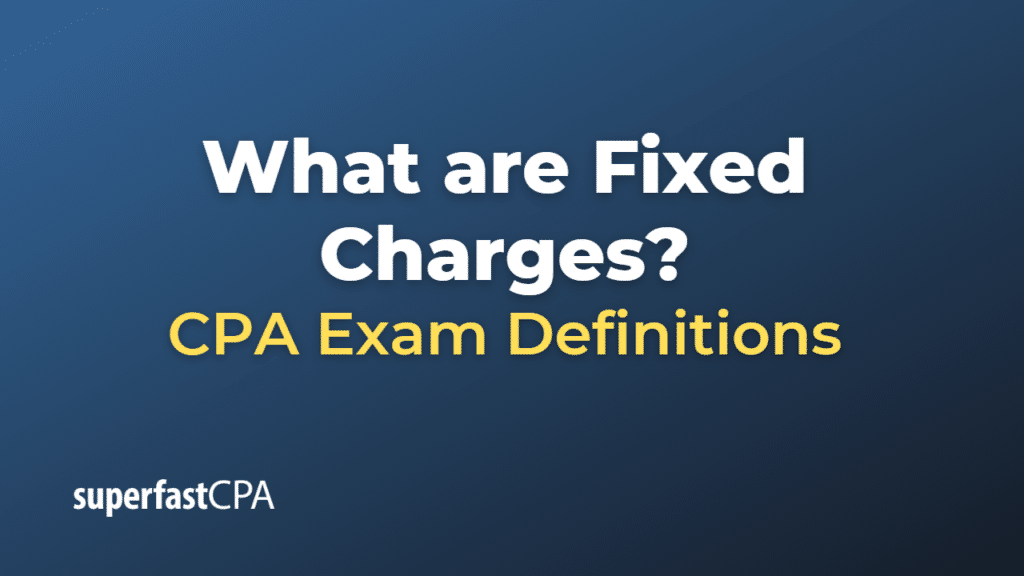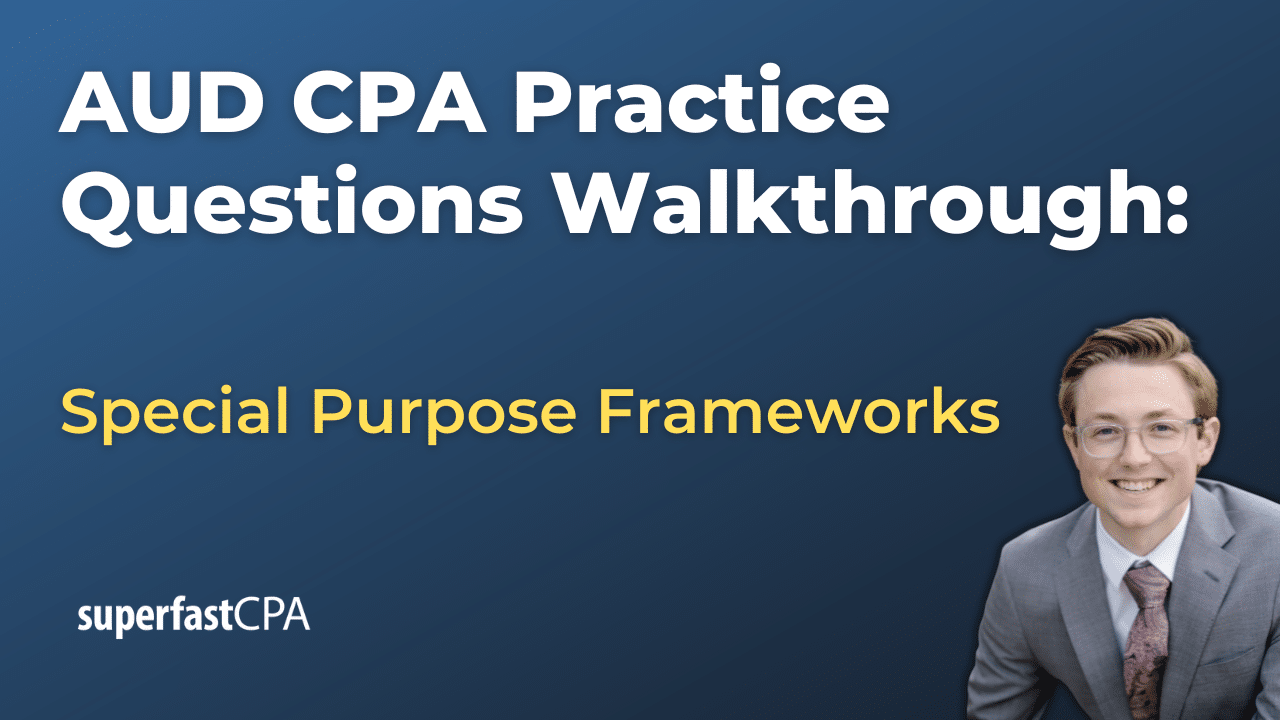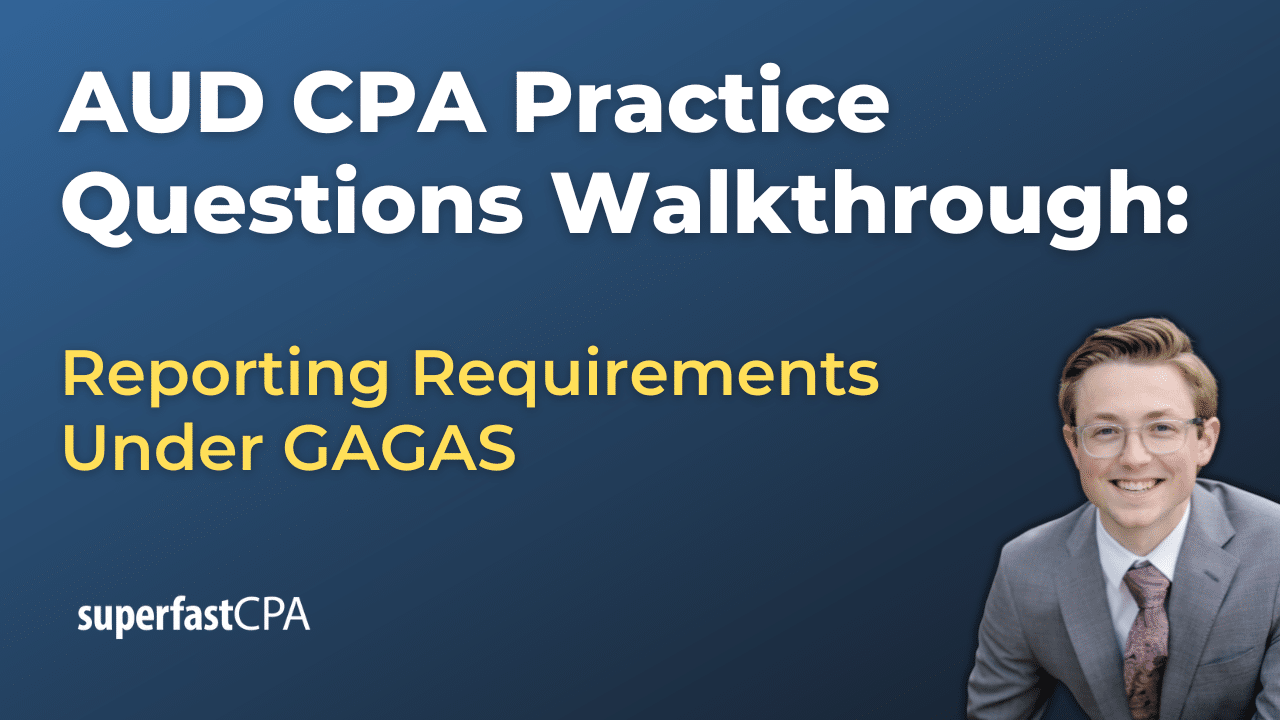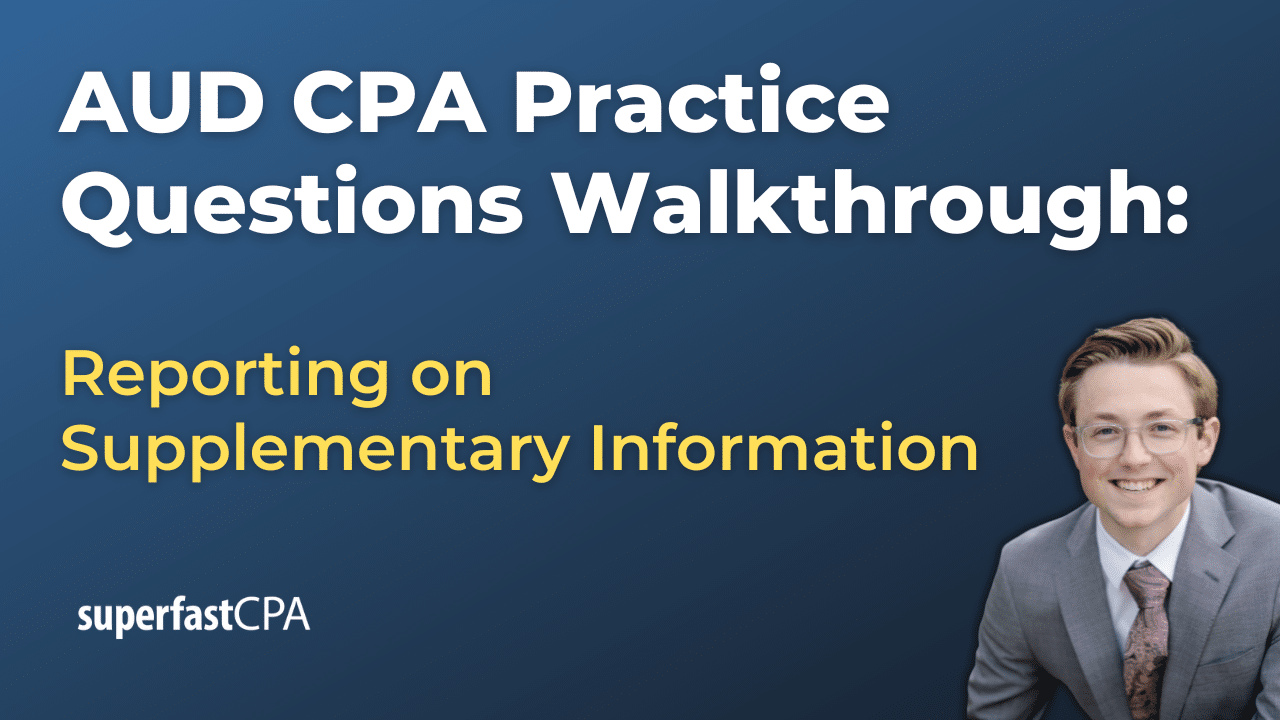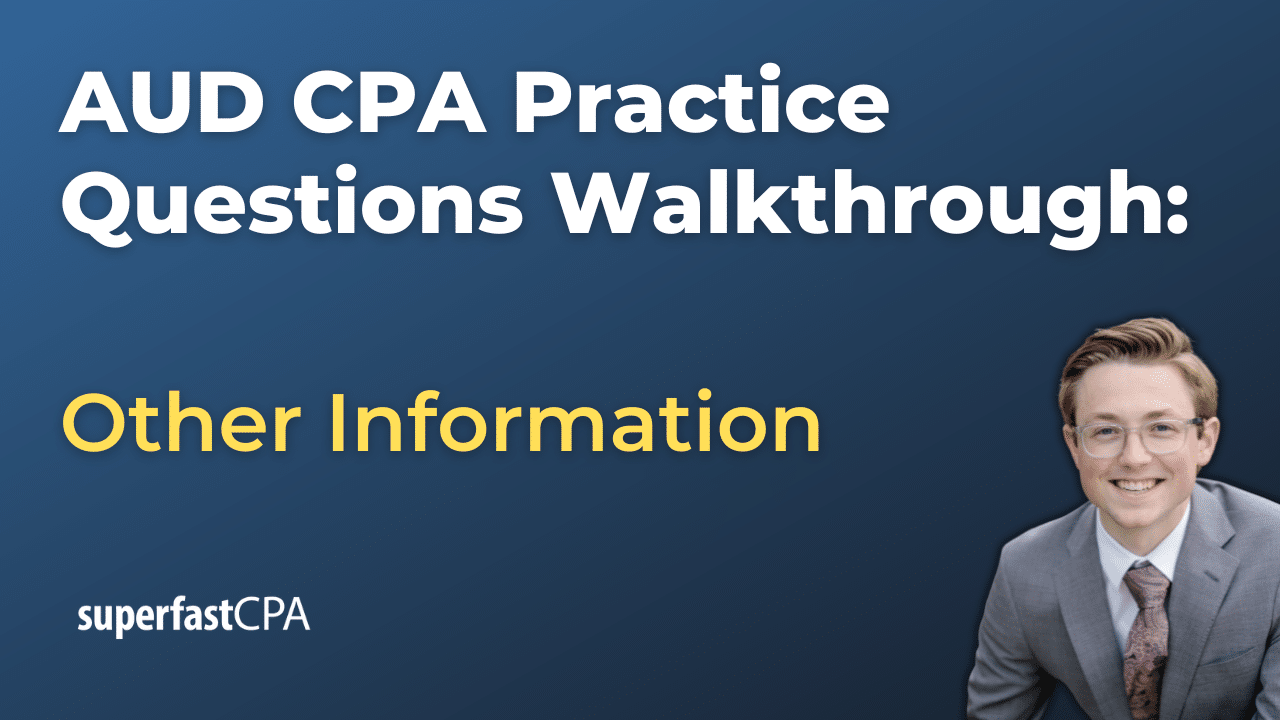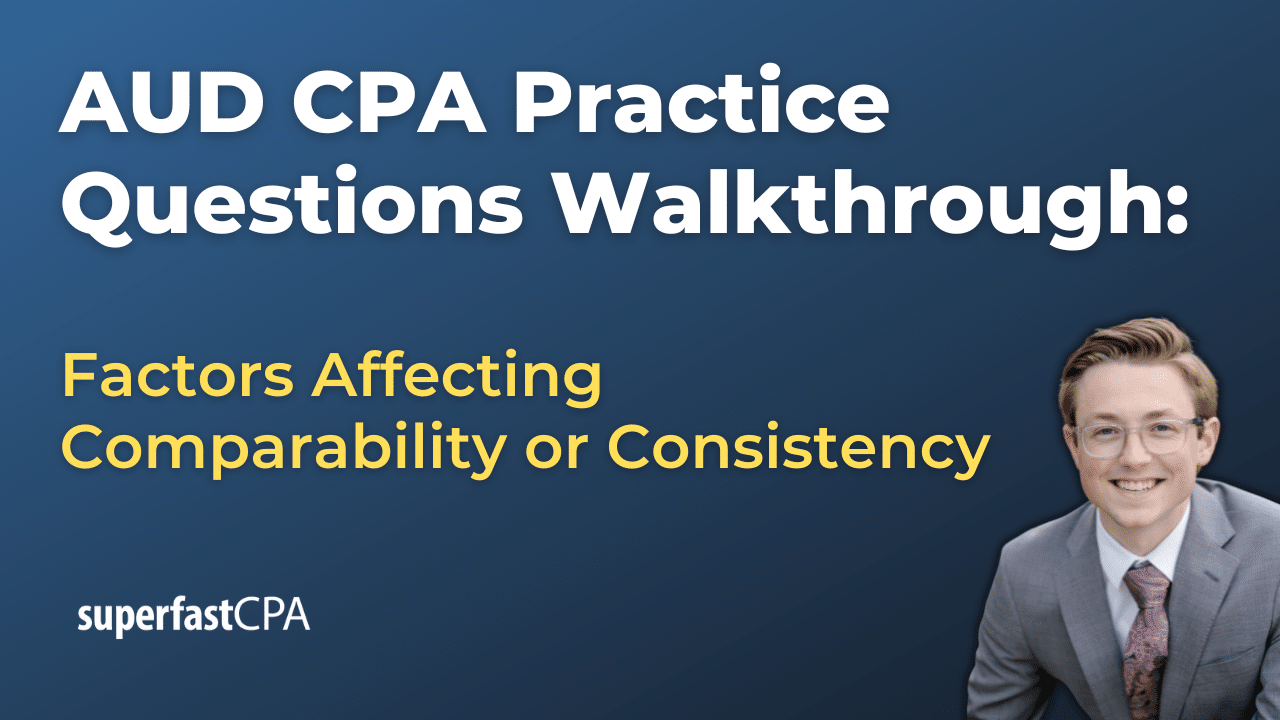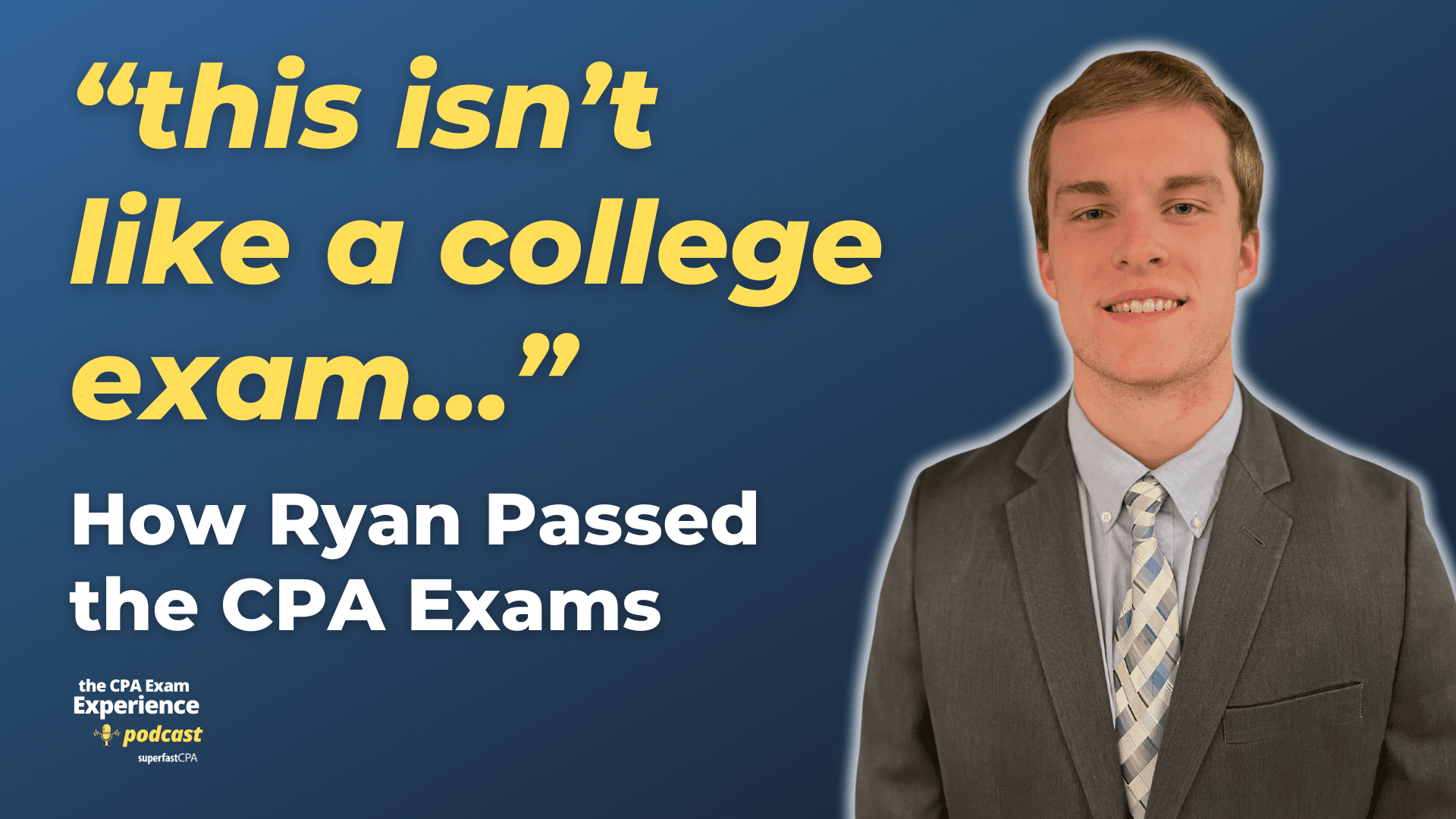Fixed Charges
Fixed charges refer to any expenses that a company must pay on a regular basis, regardless of its business volume or activity level. These costs are recurring and must be paid even if the business is not generating any revenue.
Fixed charges can include:
- Rent or Lease Payments: Companies often enter into lease agreements for premises or equipment. The monthly payments are generally fixed for the term of the lease.
- Interest Payments : If a company has borrowed money, it has to make regular interest payments to the lender. The interest is usually a fixed percentage of the principal amount and must be paid at agreed-upon intervals.
- Insurance Premiums: Businesses often take out various types of insurance, such as property, liability, and workers’ compensation insurance. The premiums are usually paid monthly, quarterly, or annually and are typically a fixed cost.
- Property Taxes: If a company owns property, it is likely subject to property taxes, which are usually a fixed expense paid on an annual basis.
- Depreciation and Amortization: While not cash expenses, these are costs associated with the use of long-term assets and intangible assets over time.
Note that fixed charges do not include operational costs that fluctuate with the level of production or sales, such as raw material costs or direct labor costs.
Understanding fixed charges is important because they have to be paid regardless of how well the business is doing. This can have a significant impact on a company’s cash flow, especially during periods of lower sales or production.
Example of Fixed Charges
Let’s consider a small retail business to illustrate some fixed charges. This business rents a store, has taken out a business loan, and pays insurance premiums. Here’s what some of its fixed charges might look like on a monthly basis:
- Rent: The retail business rents a store in a shopping mall. The rent is $5,000 per month, regardless of how much the store sells.
- Interest Payments: The business has taken a loan to finance some of its operations and the interest on this loan amounts to $1,000 per month.
- Insurance Premiums: The business pays monthly premiums of $500 for various types of insurance, such as property and liability insurance.
- Property Taxes: While this cost is typically paid annually, we can break it down to a monthly basis for simplicity. Let’s say the annual property tax for the business is $6,000, which equates to $500 per month.
So, in this example, the business has fixed charges of $7,000 per month ($5,000 + $1,000 + $500 + $500). These costs have to be paid regardless of whether the business makes any sales or not. This means that the business needs to generate at least $7,000 a month to cover these fixed charges before it can start to make a profit.

